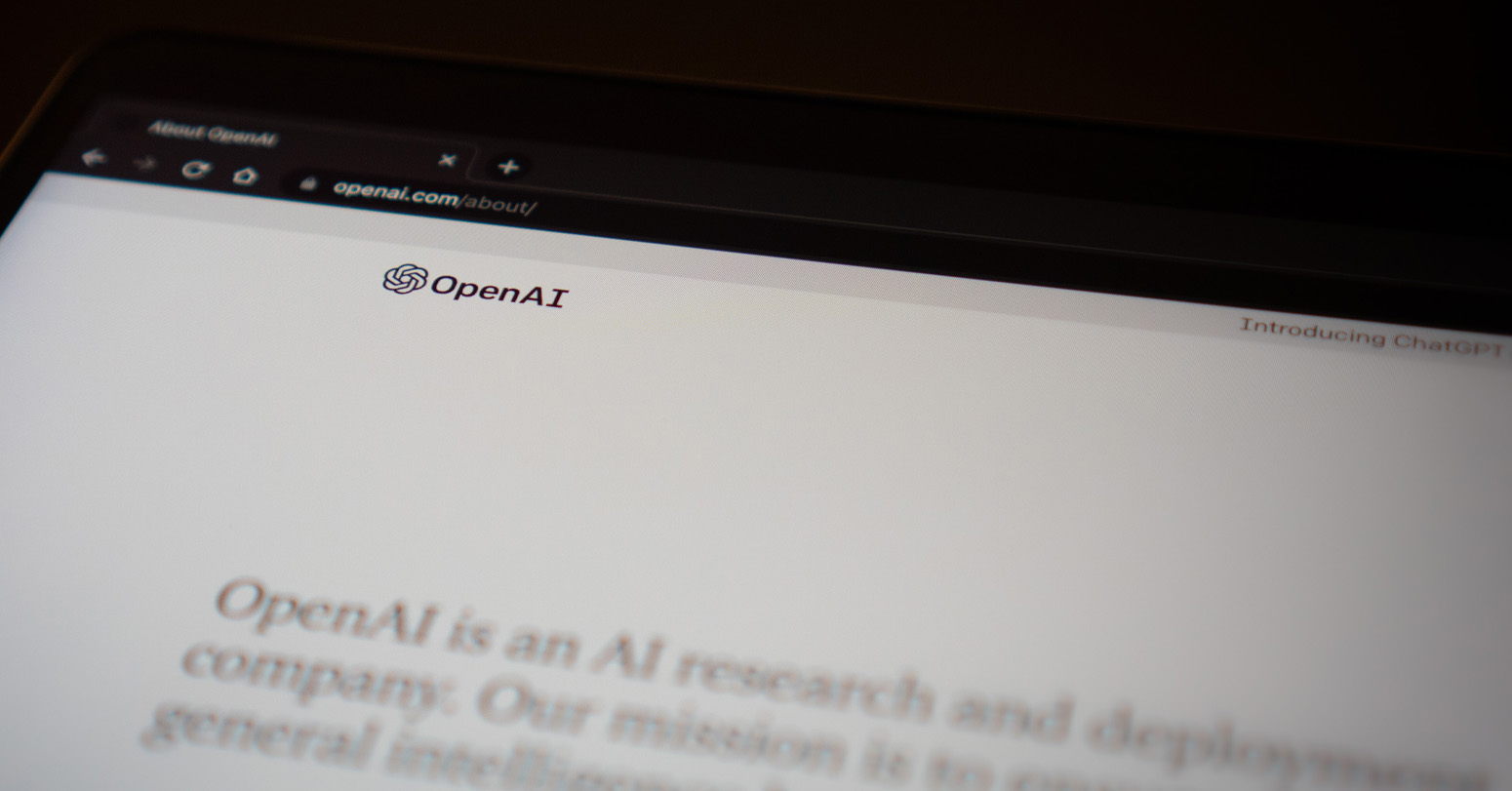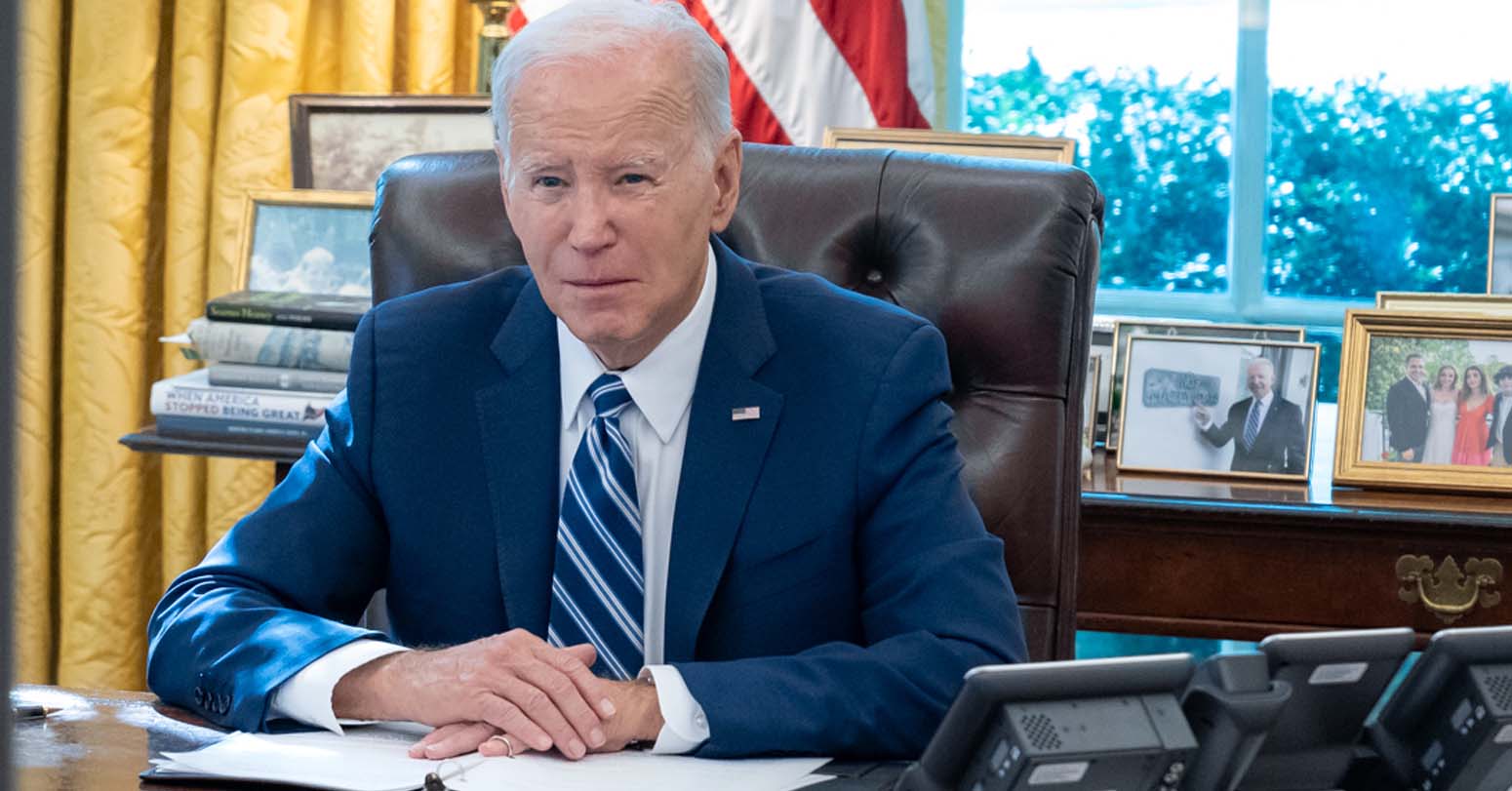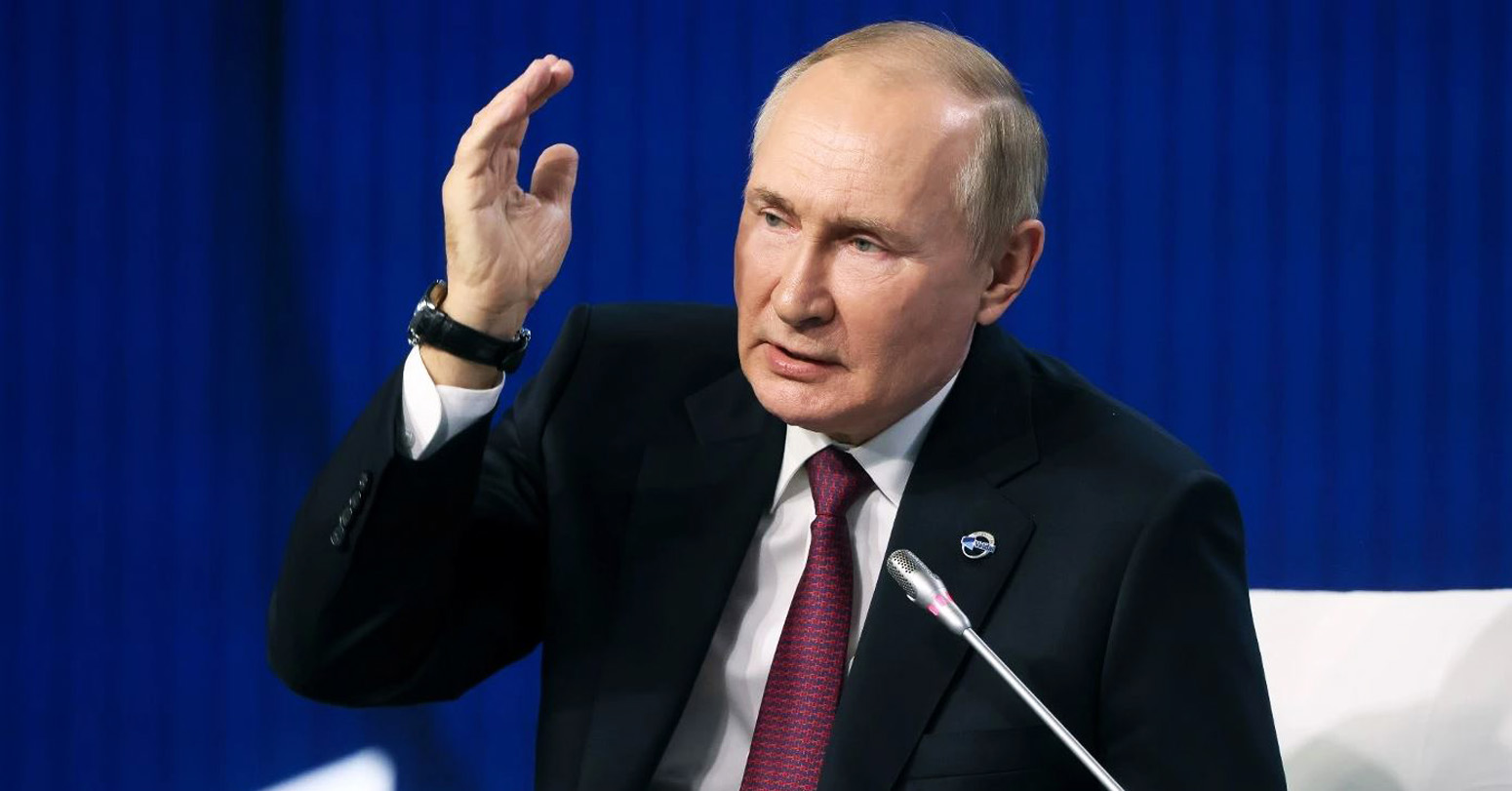TikTok confirmed Wednesday that US officials have recommended the popular video-sharing app part ways with its Chinese parent ByteDance to avoid a national ban.
Western powers, including the European Union and the United States, have been taking an increasingly tough approach to the app, citing fears that user data could be used or abused by Chinese officials.
"If protecting national security is the objective, calls for a ban or divestment are unnecessary, as neither option solves the broader industry issues of data access and transfer," a TikTok spokesperson told AFP.
"We remain confident that the best path forward to addressing concerns about national security is transparent, US-based protection of US user data and systems, with robust third-party monitoring, vetting, and verification."
The Wall Street Journal and other US news outlets on Wednesday reported that the White House set an ultimatum: if TikTok remains a part of ByteDance, it will be banned in the United States.
"This is all a game of high stakes poker," Wedbush analyst Dan Ives said in a note to investors.
Washington is "clearly... putting more pressure on ByteDance to strategically sell this key asset in a major move that could have significant ripple impacts," he continued.
The White House last week welcomed a bill introduced in the US Senate that would allow President Joe Biden to ban TikTok.
The bipartisan bill "would empower the United States government to prevent certain foreign governments from exploiting technology services... in a way that poses risks to Americans' sensitive data and our national security," Biden's national security advisor, Jake Sullivan, said in a statement.
The bill's introduction and its quick White House backing accelerated the political momentum against TikTok, which is also the target of a separate piece of legislation in the US House of Representatives.
US government workers in January were banned from installing TikTok on their government-issued devices.
Civil servants in the European Union and Canada are also barred from downloading the app on their work devices.
According to the Journal report, the ultimatum to TikTok came from the US interagency board charged with assessing risks foreign investments represent to national security.
TikTok has consistently denied sharing data with Chinese officials, and says it has been working with the US authorities for more than two years to address national security concerns.
Time spent by users on TikTok has surpassed that spent on YouTube, Facebook, Instagram or Twitter and is closing in on streaming television titan Netflix, according to market tracker Insider Intelligence.
-AFP



















Comprehensive Data Protection Law Critically
Gender Differences In Mental Healthcare
Messi Wins Best FIFA Men’s
Erosion of Democracy
Fly Dubai Catches Fire in
“Complexities of the South Asian